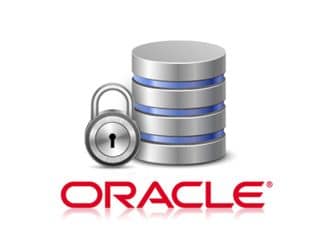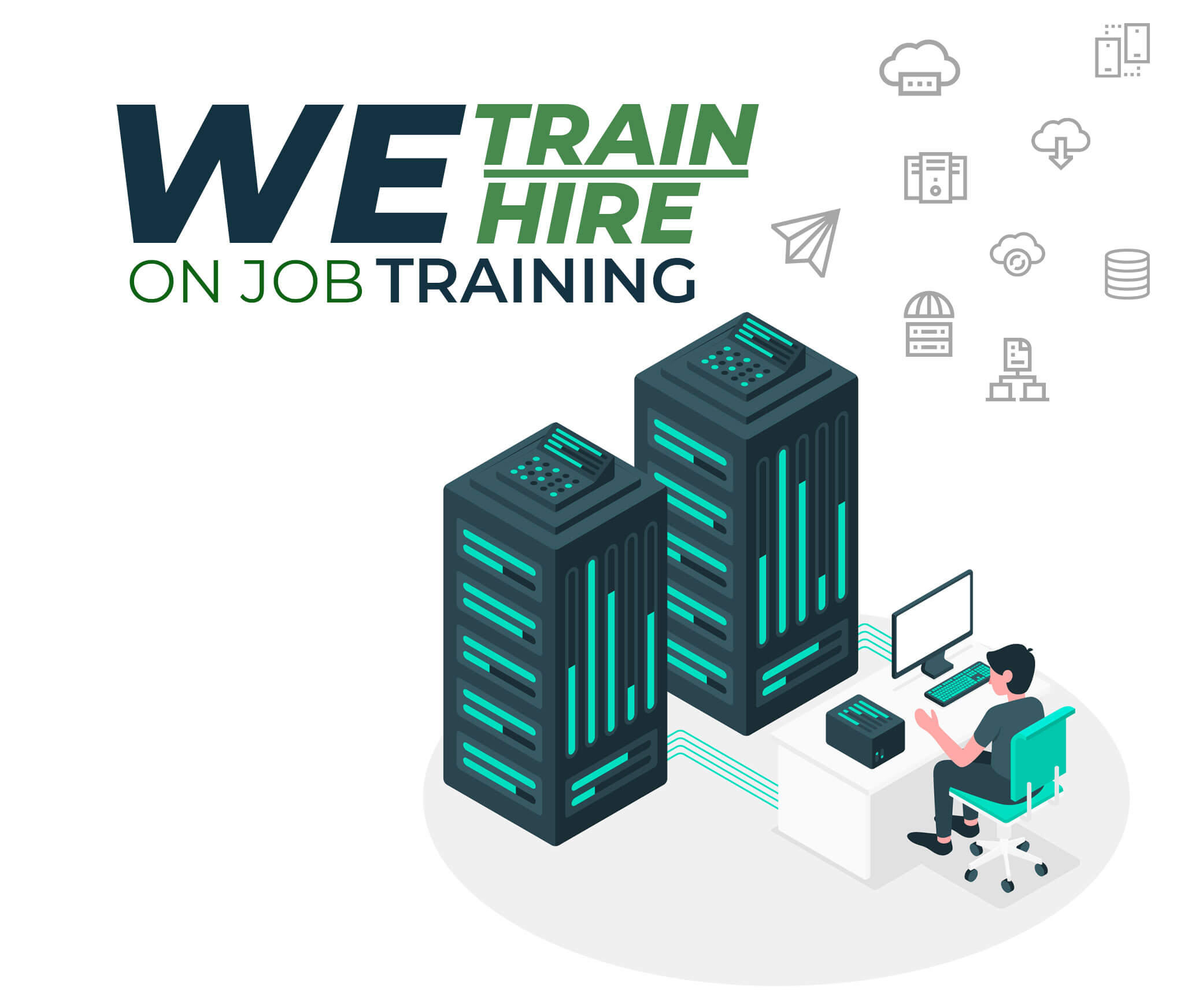Oracle Database Certification 12C SQL
Oracle Database Certification 12C SQL is basically known for its features that support the integration of SQL and PL/SQL. Among them, when SQL is the most commonly used data access language whereas PL/SQL is the one with more demand. The best part is that PL/SQL commands can be integrated with SQL commands and Oracle Database 12C is used as the simplest medium for it. Other features of it is that they also support SQL code migration and adaptable to ANSI. SMEClabs has experienced professionals who are updated and have skills even in the latest updates as they are working with real-time projects. It is very important to have top class skills in Oracle as the most well-set companies use Oracle as their platform for Oracle Database Certification 12C SQL.
Oracle’s credentials are offered at six certification levels:
- Junior Associate
- Associate
- Professional
- Master
- Expert
- Specialist









